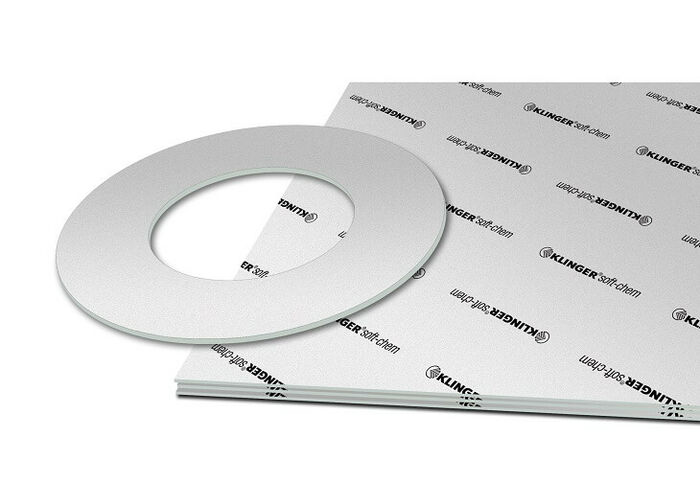Material Hub > Materialien
Materialien
-
Kategorie KunststoffeEinsatztemperatur –Dichte –
-
Kategorie ThermoplasteEinsatztemperatur –Dichte 0.9 g/cm³
-
Rhenoguard® MK I-/AS Serie (Polyurethan und antibakteriell wirksame Additive)
Rhenotherm Kunststoffbeschichtungs GmbH
Kategorie KunststoffbeschichtungEinsatztemperatur < 60 °CDichte – -
Kategorie KunststoffbeschichtungEinsatztemperatur -40 – 200 °CDichte –
-
Rhenolub® MK I RB (30)/lf (einem flexiblen Bindeharz und PTFE)
Rhenotherm Kunststoffbeschichtungs GmbH
Kategorie KunststoffbeschichtungEinsatztemperatur -40 – 180 °CDichte – -
Rhenolub® MK I RB-clear (68) (einem flexiblen Bindeharz und PTFE)
Rhenotherm Kunststoffbeschichtungs GmbH
Kategorie KunststoffbeschichtungEinsatztemperatur -70 – 180 °CDichte – -
Kategorie KunststoffbeschichtungEinsatztemperatur -40 – 150 °CDichte –
-
Rhenolub® MK I RB-weiß (TL) (einem flexiblen Bindeharz und PTFE)
Rhenotherm Kunststoffbeschichtungs GmbH
Kategorie KunststoffbeschichtungEinsatztemperatur -40 – 150 °CDichte – -
Kategorie KunststoffbeschichtungEinsatztemperatur -40 – 200 °CDichte –
-
Kategorie KunststoffeEinsatztemperatur -150 – 80 °CDichte 0.94 g/cm³
-
Kategorie KunststoffeEinsatztemperatur -30 – 100 °CDichte 1.25 g/cm³
-
Kategorie KunststoffeEinsatztemperatur –Dichte 1.27 g/cm³
-
Kategorie KunststoffeEinsatztemperatur -40 – 95 °CDichte 1.14 g/cm³
-
Kategorie KunststoffeEinsatztemperatur -40 – 85 °CDichte 1.14 g/cm³
-
Kategorie KunststoffeEinsatztemperatur -150 – 80 °CDichte 0.93 g/cm³
-
Kategorie KunststoffeEinsatztemperatur -40 – 95 °CDichte 1.14 g/cm³
-
Kategorie KunststoffeEinsatztemperatur -30 – 90 °CDichte 1.1 g/cm³
-
Kategorie KunststoffeEinsatztemperatur -150 – 80 °CDichte 0.93 g/cm³
-
Kategorie KunststoffeEinsatztemperatur -40 – 120 °CDichte 1.15 g/cm³
-
Kategorie KunststoffeEinsatztemperatur -40 – 110 °CDichte 1.14 g/cm³





